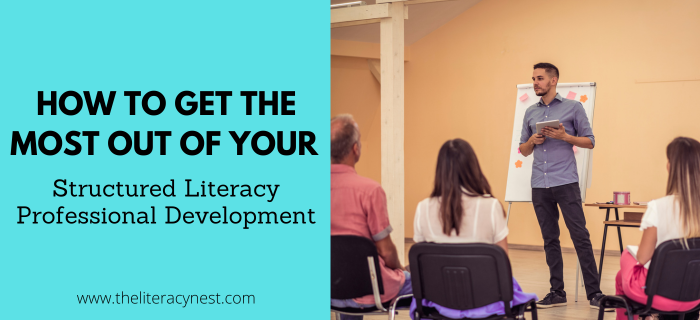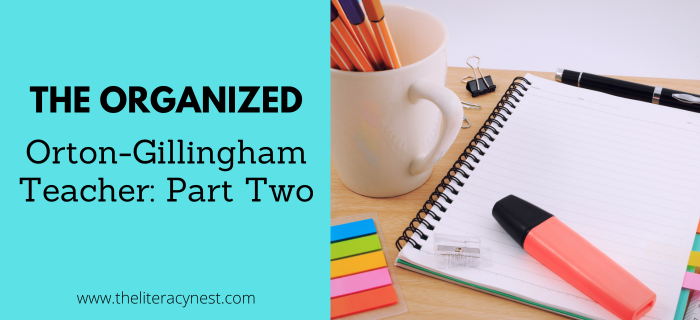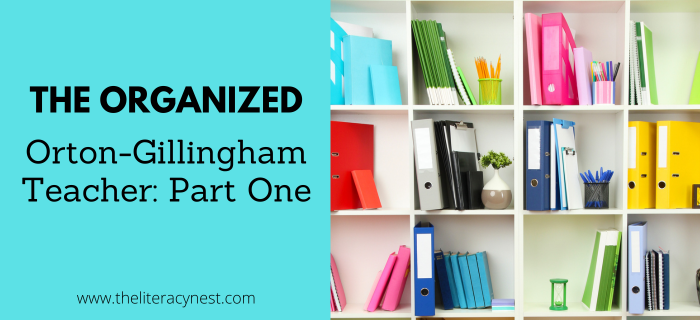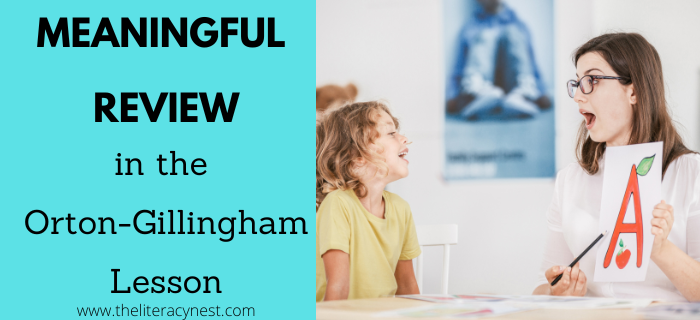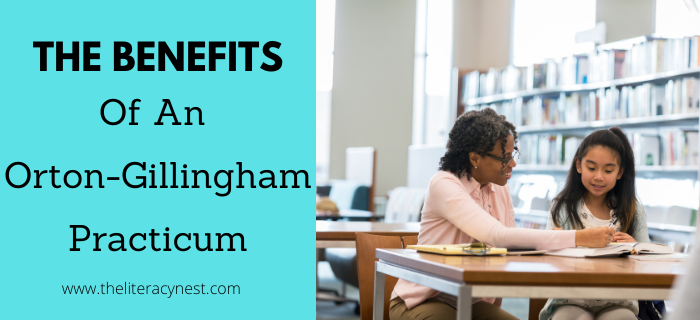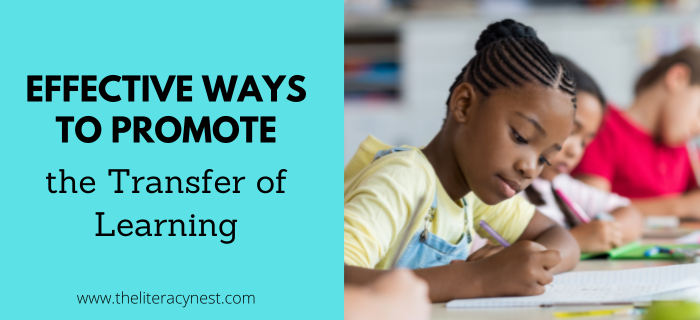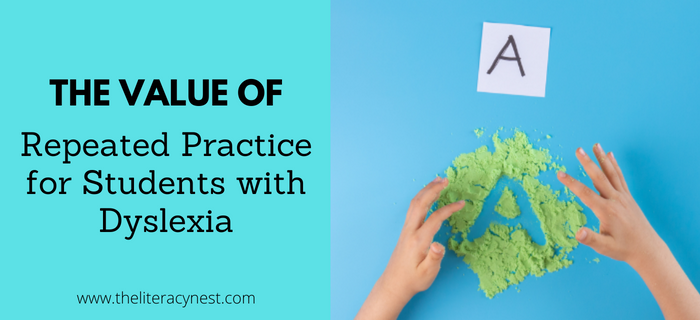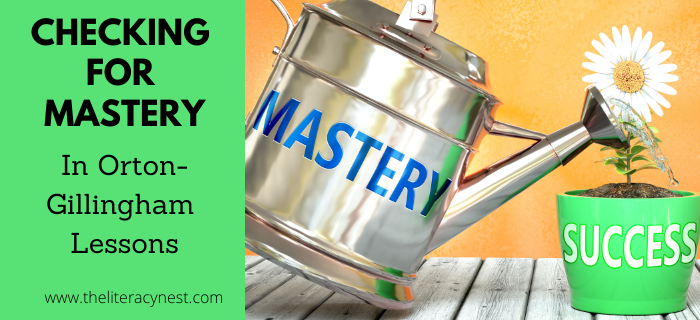How To Get the Most Out of Your Structured Literacy Professional Development
If you are anything like me, you love going to conferences and workshops. Although I always wind up physically exhausted, I somehow also find myself energized and my batteries recharged. Professional development has so many wonderful benefits. You may discover a whole new vein of interest and develop a brand-new skill set. You can reignite…

